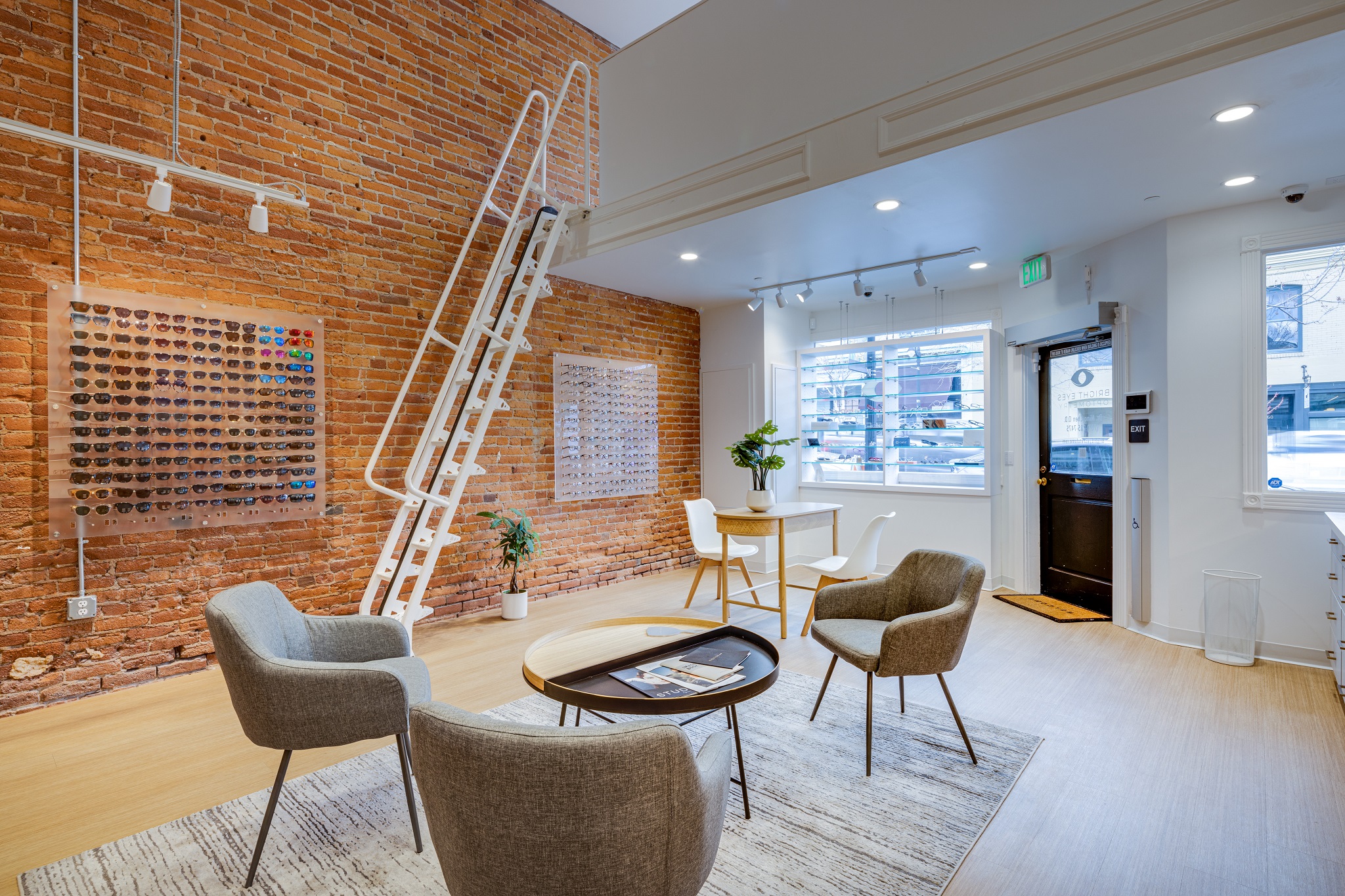How to Save Money During a Lease Renewal Negotiation
More than 80 percent of healthcare practices lease their office space. That means that annually, more lease renewals occur than any other commercial real estate transaction. And statistically, healthcare providers lose more money in lease renewals than any other transaction in commercial real estate. However, what most healthcare providers don’t know is that their lease renewal is negotiable, even if the renewal terms are specified in the current lease. (A landlord who says you can’t renegotiate those terms is usually doing so to make more money.)
Because healthcare real estate is typically the second highest expense behind payroll for the majority of practices, it’s vital to approach every lease renewal negotiation with an intentional strategy: to win. And winning in lease negotiations can lead to reducing overhead and improving cashflow and profitability. Here are some essential keys to a successful strategy.
Hire a Professional—Early
First, understand that a commercial real estate agent’s services are almost always free for tenants and buyers (paid for by the landlord or seller), and they’re essential to maximizing profitability, efficiently.
You’re busy managing a practice and taking care of patients, so upcoming lease renewal negotiations often get swept to the bottom of the to-do list—and understandably so. But here’s the bad news: Losing time in healthcare real estate negotiations means losing money.
A healthcare real estate agent’s goal is to identify top lease and purchase options in order to come to the table with leverage, and that—plus negotiating a mutually agreeable deal—takes time. The foundation of a successful renewal negotiation is understanding market availability and area comps. What viable options are available in your area should you choose to leave and relocate? How do they compare to each other? How can you leverage those spaces at the negotiation table with your current landlord? What terms and concessions are new tenants in your building receiving? Negotiating with multiple landlords and property owners at one time will give you a good idea of what you should be paying to stay—or leave.
Beginning to end, the real estate negotiation process takes time, and starting it too late can set into motion costly issues. If you’re settling with a lease renewal without taking the time to negotiate multiple properties simultaneously, we’ve seen practices overcharged by tens to hundreds of thousands of dollars over five-to ten-year lease terms.
Know What’s Negotiable
While landlords will provide legitimate concessions on lease renewals to existing tenants, they’ll only do so when they know they have to be competitive. Getting a landlord to voluntarily reduce the lease rate is rare. But when they know they’re negotiating with an expert and at legitimate risk of losing a blue-chip tenant (like a healthcare provider), they’re willing to bring the lease rate back down to a market number, resulting in monthly rent savings for you.
To create real posture, understanding the market and which top properties meet your requirements is essential. Beyond simply looking at commercial databases, this takes time, market expertise, and established relationships with listing agents and owners. Landlords will get competitive with lease rates if you’re represented well and they believe you have other viable options.
Tenant Improvement Allowances
Tenant improvement allowances are concessions often negotiated in lease renewals. Here, the landlord is investing capital into the space in order to secure a long-term tenant. While many landlords will offer allowances up front in initial-term negotiations, most lease renewal negotiations leave this concession untouched. These allowances, which are given to new tenants in a property, are also available to lease renewal tenants in order to freshen up the space after years of use. A qualified healthcare real estate agent will know just how much additional money to negotiate in the next renewal.
Annual Increases
Another negotiable deal point is an annual increase to the base lease rate. While most leases have annual increases, the amount of the increase varies and often outpaces inflation. This increase is negotiable and can compound more favorably or negatively against you, depending on the percentage increased each year. A landlord’s goal is for the agreed upon annual increase rate to be higher at the end of your lease term than what they would offer a new tenant, with the hope that when you renew, you’ll do so without any objections. This is where the advice and help of an experienced healthcare real estate broker can save you thousands.
With so much at stake in lease renewals, creating a customized strategy and game plan is vital. While some healthcare providers will take the do-it-yourself approach to negotiating, mistakes can be very costly and expensive for your practice. The clearest and most successful path to winning in real estate is hiring a healthcare-specific agent to ensure you’re maximizing profitability.
CARR is the nation’s leading provider of commercial real estate services for healthcare tenants and buyers. Every year, thousands of healthcare practices trust CARR to achieve the most favorable terms on their lease and purchase negotiations. CARR’s team of experts assist with start-ups, lease renewals, expansions, relocations, additional offices, purchases, and practice transitions. Healthcare practices choose CARR to save them a substantial amount of time and money; while ensuring their interests are always first.
Visit CARR.US to learn more and find an expert agent representing healthcare practices in your area.
